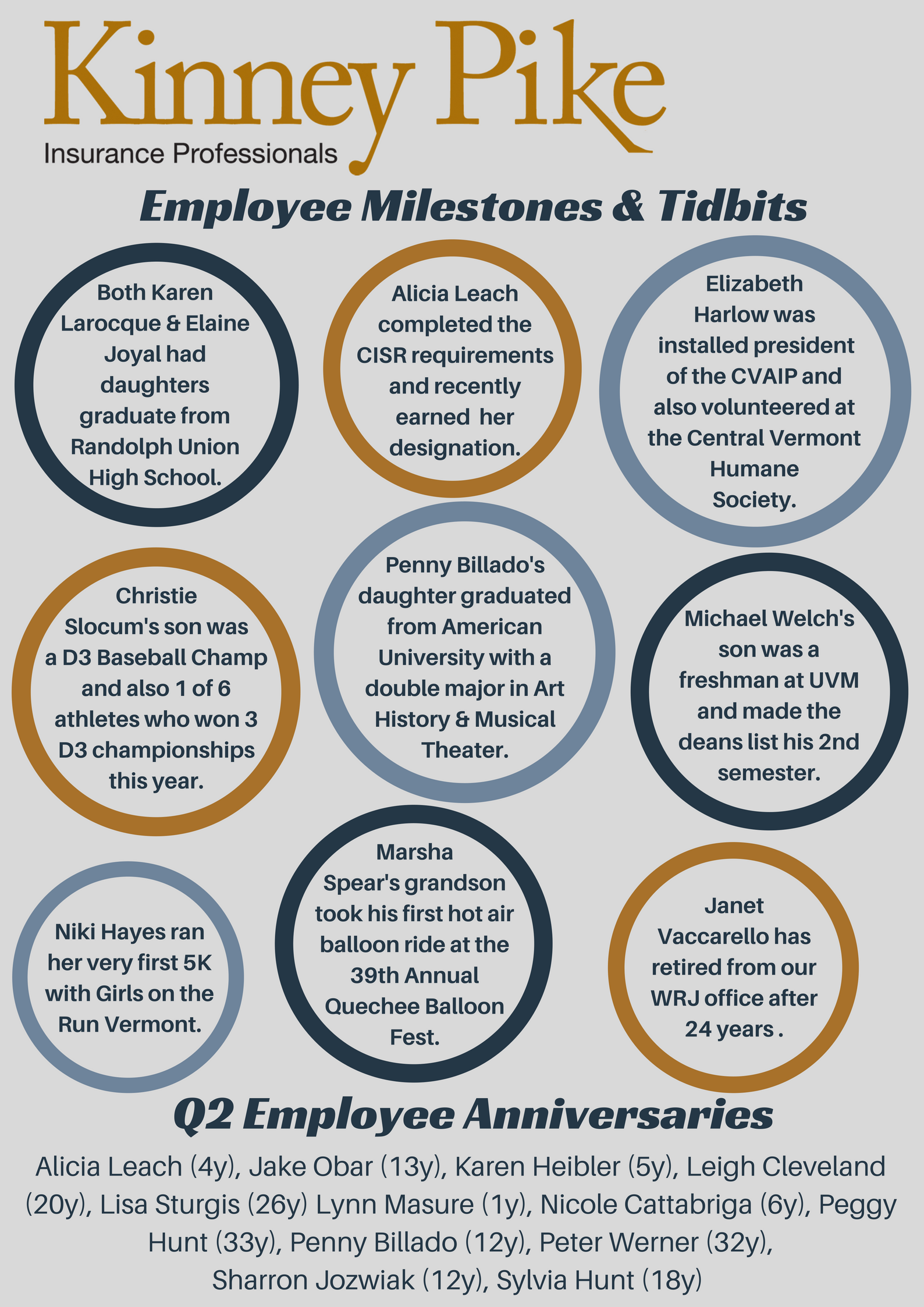Firework Safety
In 2016, at least four people died and about 11,100 were injured badly enough to require medical treatment after fireworks-related incidents, according to the U.S. Consumer Product Safety Commission. And while the majority of these incidents were due to amateurs attempting to use professional-grade, homemade or other illegal fireworks or explosives, thousands were from less powerful devices like small firecrackers and sparklers.
More fires are reported on July 4 than any other day of the year. On a typical Fourth of July, fireworks account for two out of five of all reported fires, according to the National Fire Protection Association. Each year, fireworks cause on average 1,300 structure fires, 300 vehicle fires and nearly 17,000 other fires resulting in thousands of injuries.
The National Safety Council advises everyone to stay away from all consumer fireworks and to only enjoy fireworks at a public display conducted by professionals.
Following are some fireworks that are legal for consumers to purchase and use in some states. But just because they are legal doesn’t mean they’re safe. Check out this video by the NFPA.
Sparklers
Every year, young children can be found along parade routes and at festivals with sparklers in hand, but they are a lot more dangerous than most people think. Parents don’t realize they burn at about 2,000 degrees – hot enough to melt some metals. Sparklers can quickly ignite clothing, and many children have received severe burns from dropping sparklers on their feet.
Bottle Rockets
These small rockets are attached to a stick, lit by a fuse and typically fired from a bottle. Teens have been known to have bottle rocket wars, firing them at one another and causing chest, head and eye injuries.
Physicians at Vanderbilt Eye Institute at Vanderbilt University Medical Center have seen so many eye injuries caused by bottle rockets they conducted a study they hope will lead to better education and “legislative enhancements” on fireworks safety.
“The majority of the children (in the study) ended up with reduced vision, and probably half of those were deemed legally blind,” said Dr. Franco Recchia, associate professor of ophthalmology and visual sciences at Vanderbilt.
Firecrackers
Firecrackers are designed to explode on the ground. They are often linked together by one long fuse and explode in a series. They are designed to be very noisy, but they also can cause burns and other serious injuries.
Roman Candles
Roman candles eject multiple exploding shells from a tube the user holds in his or her hand. There have been numerous reports of children losing fingers, severe burns and other injuries, which are sometimes caused when the device gets jammed.
Two Words About M-class Fireworks
Just don’t.
You hear them go off every year: M-80s, M-100s, even M-250s. The unmistakable explosions associated with these devices can rattle the windows of homes for blocks. They are produced illegally and without quality control, have short fuses and cause hundreds of extremely severe injuries each year.
The U.S. Bureau of Alcohol, Tobacco, Firearms and Explosives outlines the risks of these explosive devices.
If They’re Legal…
If fireworks are legal to buy where you live and you choose to use them, be sure to follow the following safety tips:
- Never use fireworks while impaired by drugs or alcohol
- Never allow young children to handle fireworks
- Older children should use them only under close adult supervision
- Anyone using fireworks or standing nearby should wear protective eyewear
- Never light them indoors
- Only use them away from people, houses and flammable material
- Only light one device at a time and maintain a safe distance after lighting
- Never ignite devices in a container
- Do not try to re-light or handle malfunctioning fireworks
- Soak unused fireworks in water for a few hours before discarding
- Keep a bucket of water nearby to fully extinguish fireworks that don’t go off or in case of fire
Better yet, grab a blanket and a patch of lawn, kick back and let the experts handle the show.
Content Courtesy of: National Safety Council















